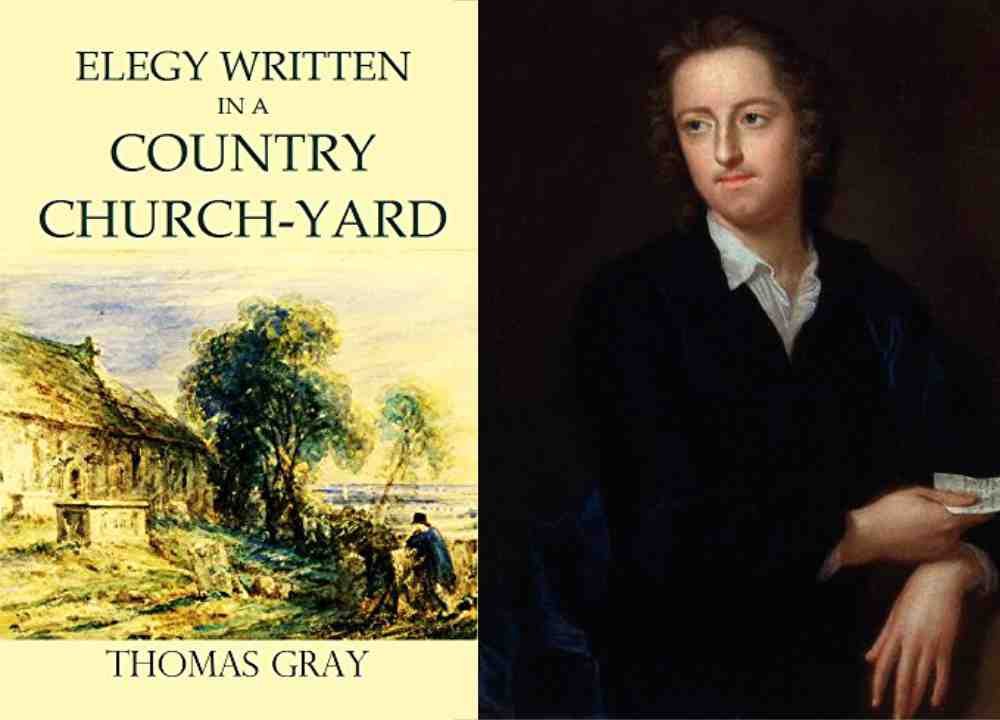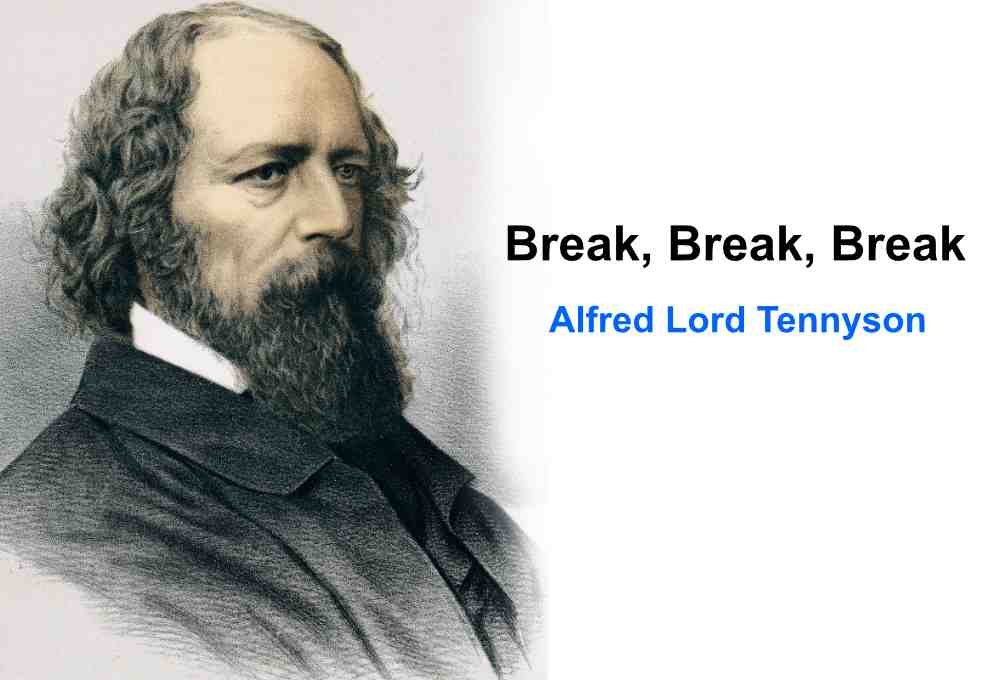Spenser was the second father of English Poetry. He was the prince of poets of his times. Charles Lamb called him ‘Poetis poet‘. Many poets followed him.
J. R. Lowell says, “Spenser’s mere manner had not had so many imitators as Milton’s, but no other of our poets has given an impulse and in the right direction also, to so many and so diverse minds.”
Milton, Browne, Pope, Thomson, Keats, Shelley, and Byron acknowledged their indebtedness to Spenser. Many of them wrote their best poems in the Spenserian Stanza’. Spenser had read the literature and mythology of ancient Greece and Rome.
There are references to Ovid, Homer, Riosto, Ronsard, Petrarch, and Tasso in his poetry. His Shepheardes Calender got inspiration from ‘Virgil’ and ‘Theocritus’. Spenser blends classical mythology with medieval superstitions. His poetry is meant for the learned few.”
Spenser gave a high and dignified view of their callings. He was an inspired poet. Renwich says, “He showed that modern England was capable of poetry as great as that of any other age and country that he had her share of the poetic power of art and learning.”,
Spenser made England the leader in the realm of poetry. His poetry is a rare combination of all the different faces of human life. He treated the English language as if it belonged to him and not he to it.
Spenser’s services to English versification were great. His greatest contribution is the Spenserian stanza. It consists of nine lines. The first eight lines are lambic pentameter.
The ninth line is a longer one consisting of twelve syllables. He has avoided monotony through the cunning variation of pauses. He used many devices to impart continuity and make appropriate for the narration.
His purpose is to give narration and to induce illusion and willing suspension of disbelief. He has tried to create sweet and soothing music.
Spenser’s language, diction, and style are praiseworthy. His style is spacious and luxurious. It has the qualities :
- clarity of thought and expression
- sweetness achieved by the use of a number of musical words in succession
- decorum by the use of archaic and dilative words
- use of words in different senses.





